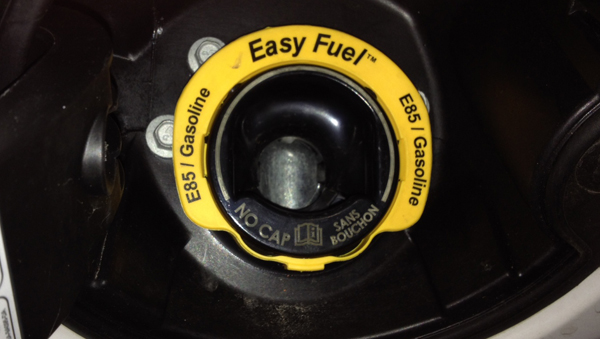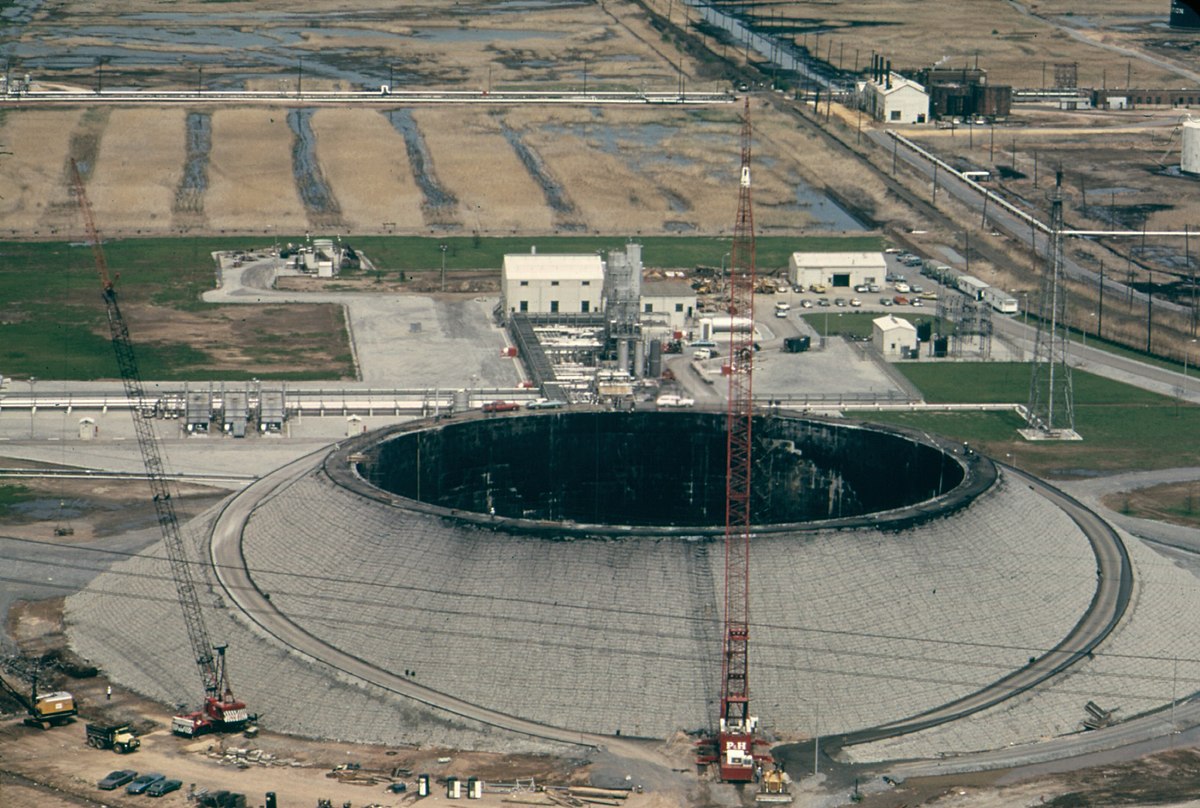It’s not Hindenburg or the 30s. Late 90s -Early 2000. BMW and I’m sure others, made some racked up huge miles on them. No egr, or any emissions components needed. More mpgs, performance. Making it or vehicles themselves are not the issue. It’s lack of transport and storage availability & safety.
Hybrids and EVs have a ugly side too. Lack of recycling and toxic materials when depleted with no where to go but put in ground. At this time best we got is lithium which is not native to planet earth and not renewable. Once it’s gone it’s gone in the over all look of things there’s not much out there on our planet.
Which again in full circle is blowing up land damaging our planet we are trying to save..... while mining it out with vehicles running on other petroleum fuels to get it.
Everything in this planet is 'native' and finite. Be it petroleum, lithium, or unobtainium. What determines the 'economic' lifecycle or "usefuleness" of something is the cost, time, and additional resources required to achieve a finished product. Save for asteroids and other space 'debris' that enter our atmosphere (or that which we are mining and returning from space), every molecule that exists in our world today has existed since mankind began. Molecular and atomic de- and reconstruction is what has changed the game; i.e. our ability to recognize we can make further reduce the size of building blocks to make more and different things with different chemical and physical properties. That means we can literally recycle any and everything on this planet. Just think about manure and decomposed life that feeds new vegetation. The entire photosynthesis cycle. We are a closed circuit planet, and we need to fully grasp that. Water and air pollution somewhere far far away WILL make its way across this planet, one way, or another. But as long as large influential entities (govt/big business) influence and pay influential people (workers/politicians/media) to press a particular message, well, most of us will remain limited in our views of what's the 'right' way to go.
Recycling as it should be. https://theconversation.com/if-we-cant-recycle-it-why-not-turn-our-waste-plastic-into-fuel-96128
We have countless scientific methods (known and yet unknown) to create, store and efficiently use ENERGY. At the beginning of the day no one cares where the energy comes from, so long as it's there, because we gotta get things going. Period. Once things are rolling and as the "day" goes on, we divide up our camps and determine what's a priority. BTU's, MPGs, emissions, mining issues, human labor, etc. You know. Politics.
With regards to the internal combustion engine, it has a long life left and will cohabitate with the electric motor for a multitude of reasons and benefits. I believe that electric motors will NOT permanently replace the ICE. Just as cars/trucks did not not make trains and horses obsolete. Articulation and adaptation are a long game process. Human and animal muscles and biology are adaptive with thousands to millions of years of evolution. Mechanical and electronic equipment is just a feeble human brain's attempt to do a singular repetitive (i.e. limited) task with limited interruption and "failure". Artificial Intelligence is our attempt to allow a mechanical device to do several repetitive tasks with limited interruption/failure without the hassle of telling the device when, where and how to do it. And when it comes to being a "jack of all trades" the electric motor has severe limitations in application and infrastructure.
-Yes, it has instant and maximum torque at 0 RPMs, is getting more compact and powerful, but electric motors and their electromagnet emissions (and how they impact living beings) are something which we have not sufficiently studied and/or regulated. Just like an engine, the bigger the motor, the more emissions. Further, the more power that is required in an infrastructure means bigger cable supply lines which will dissipate even more electromagnet emissions. This of course is why more localized power generation (solar panels in homes, windmills, etc.) is beneficial.
-Performance. Electric motors operate best at a narrow RPM band. That means to extract speed, you must be prepared to SERIOUSLY cool the motor AND energy source (battery), or weigh heavily on a transmission device with multiple ratios.
-Weight. The weight to performance (range, torque levels) ratio of electric vehicles compared to internal combustion vehicles is poor, and this is mainly due to the battery and required cooling systems.
-Liquid fuel simply has a more stable and longer shelf life than any present electrical battery. And it's more easily transported. Guys who have started up old vehicles with old gas in the tank know that ain't gonna happen 20 yrs from now when an 'old' barn find Tesla Model X is found. When that battery is dead, it's not only void of energy, the battery chemically/physically may be forever damaged.
-Regardless of propulsion, oil/lubrication is still going to be required. We've moved from whale oil to dino oil and or course can synthesize plant lube, but either way, we need a lubricant for high speed moving parts and those lubricants will leak, become contaminated and require recycling. And those lubricants, being in high demand and advancing in their molecular structure and abilities, will have basic properties of being flammable. Well flammable means it's combustible. And if it becomes as cheap to manufacture as electricity, it becomes (or remains in this case) an economic alternative as an energy source.
-Environmental conditions. Which would you rather have in which order if you were in the the Artic for 6 months. A Telsa, a huskies and a sled, or a fully mechanical truck? What about the Sahara for the same time frame? A camel, an EV, or old Jeep/Land Rover? Electric vehicles only work in our civilized society with a controlled environment. How about underwater? Would you want ONLY a sealed electronic device as your only means of getting around? Mechanical devices can operate under a near infinite level of circumstances with minimum support devices. All electrical devices require a mechanical bypass for 100% reliability.
-Serviceability, diagnosis, life cycle. Face it. A simple mechanical device is simple to create from countless materials, conceptually easy to understand, easy to fix, and can get the job done, albeit with frequent breakdowns and service intervals. Electrical items may have a longer and consistent life cycle and performance level, but when a singular part fails, diagnosis is a PITA. Requiring specialized equipment to analyze, disassemble, reassemble, test, calibrate, re-install, seal/protect, etc. Mechanical devices broad tolerances are what also make them durable.
So yeah, there is a space and place for EV, but the ICE is going nowhere anytime soon so long as we properly and responsibly address exhaust emissions so that, you know, we as humans can have clean air (burnouts not withstanding, of course

) and fun.

www.124spider.org

fueleconomy.gov















